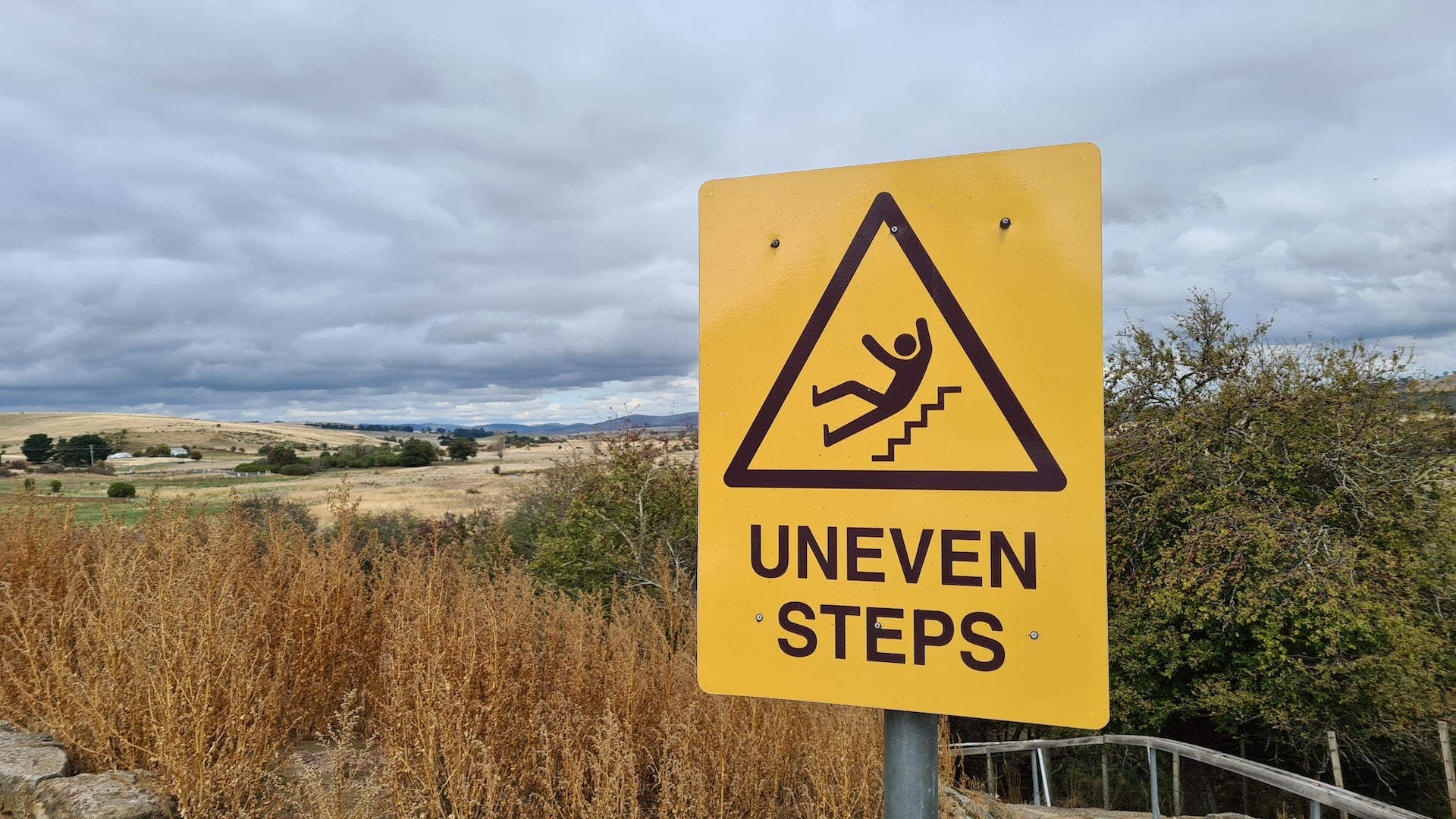Property owners should take reasonable steps to prevent someone from slipping and falling in an area that’s their responsibility. You may face one of these legal actions despite your efforts or because a plaintiff makes a baseless claim.
Be Proactive to Try to Prevent Lawsuits
Facts fuel lawsuits and defenses against them. The best way to prevent being sued or defending yourself is by keeping tenants, guests, and contractors safe, which will lay the groundwork for legal defenses. Some things you can do is:
- Keep public areas well-lit and clear of obstacles
- Outside areas should be well-drained to prevent areas from becoming slippery when wet
- List rules for tenants in your lease spelling out their responsibilities for keeping public areas clear and clean. You must enforce these rules if a tenant’s ignoring them and endangering others
- Make sure there are sturdy handrails in stairways
- Encourage tenants to report problems in public areas and respond as quickly as possibl
Generally, landlords are responsible for keeping public areas safe, while tenants need to keep their units safe by keeping them maintained. You could face a slip and fall lawsuit for an injury in a unit if you’re on notice of a needed repair (like leaking pipes), fail to take action, and someone’s injured.
Will My Insurance Cover the Claim?
If a lawsuit or a letter from a plaintiff’s attorney threatens to file one comes out of the blue, contact your property insurance carrier as soon as possible. These incidents are why you buy insurance – if the claim falls within the policy and you’ve fulfilled your obligations, they should handle the and pay to resolve it up to the policy limits.
That means they’ll investigate the claim, try to negotiate a settlement, provide a legal defense, and, in the worst-case scenario, pay the trial verdict against you.
If you know of an injury at one of your units, it’s best to report it to your carrier as a potential future claim against you. Your policy may require you to maintain your property to prevent these accidents. If their investigation shows you have not, they may deny coverage.
Premises liability claims use negligence to claim you’re liable for someone’s injuries, their pain and suffering, and related economic losses. If the claim is based on an alleged intentional action (you pushed someone down the stairs) and your insurance company finds that happened, it will deny your claim because policies don’t cover injuries you intentionally caused.
Possible Defenses for a Slip and Fall Injury Claim
Your defenses would be based on the facts and applicable California law. They could include:
- You Acted Reasonably: You weren’t negligent because you took reasonable steps to maintain your property in a safe condition. This could involve demonstrating regular maintenance and inspections to address potential hazards
- Comparative Negligence: California follows a comparative negligence system, which means that if the plaintiff contributed to their injury through their mistakes, their recovery should be reduced to reflect their share of fault. If that’s the case, you can argue that the plaintiff’s negligence played a significant role in the accident, so if you need to pay anything, it should be substantially less than what the plaintiff claims
- Open and Obvious Hazard: The hazard causing the slip and fall was open and obvious. If a reasonable person should have noticed and avoided the danger, this can weaken the plaintiff’s case
- Lack of Notice: You may claim you had no prior knowledge of the dangerous condition despite your regular inspections and had no opportunity to remedy it. You shouldn’t be liable for something you were unaware of despite your reasonable efforts
- Wrong Defendant: If they sued the wrong party and you didn’t own or control where the accident happened, the lawsuit should be dismissed
- Causation: You may challenge the claim you caused the injury. An investigation may find the plaintiff was injured elsewhere or for other reasons, and the lawsuit is a fraudulent attempt at obtaining money
- Statute of Limitations: California’s statute of limitations, or deadline to file a personal injury lawsuit, is two years from the injury or one year after the plaintiff discovers the injury. A plaintiff who waits too late to file a legal action should have it dismissed
- Lack of Damages: You may claim the plaintiff exaggerates their injuries and the resulting economic harm. If you’re successful, even if the plaintiff proves you were negligent, the damages they’re awarded should be reduced
Nearly all lawsuits settle, so effective defenses come into play beyond the courtroom. If they weaken the plaintiff’s case, your insurance company may have enough leverage to settle the claim early in the process for a lower amount.
We’re Here to Help
If you have questions or concerns about premises liability or believe your insurance company is wrongly denying a claim for an injury on your property, call the team at AWB Law, PC at (949) 244-4207 or fill out our online contact form today. We can discuss your situation, how California laws may apply, and how to proceed.










